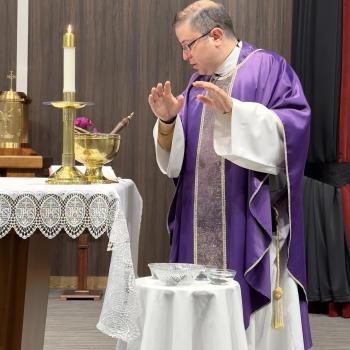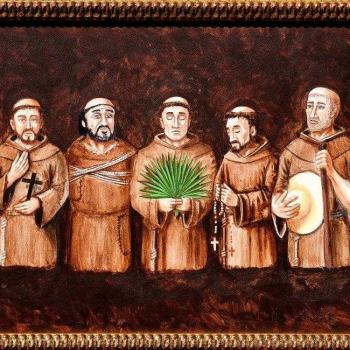Each U.S. Supreme Court decision that has ever been rendered has resulted in deep disappointment for some and vindication for others. If we all agreed on the outcomes of divisive cases, there would be no reason for the Court ever to convene. This most recent decision is no different.
By the same token, every court decision is limited in what it can achieve; again this one is no exception. This decision does not change the biological differences between male and female human beings or the requirements for the generation of human life which still demands the participation of both. It does not change the Catholic Church’s teaching regarding the Sacrament of Matrimony, which beautifully joins a man and a woman in a loving union that is permanent in commitment and open to God’s blessings of precious new life.
The Catholic Church will always maintain that marriage is a vocation of a man and a woman to faithfully commit themselves, through sacred vows, to a life shared until death which pledges them to complement one another in their development as husband and wife and to be co-creators with God in the procreation of human life.
This decision of the Supreme Court is primarily a declaration of civil rights and not a redefinition of marriage as the Church teaches.
However, this judgment does not dispense either those who may approve or disapprove of this decision from the obligations of civility toward one another. Nor is it a license for more venomous language or vile behavior against those whose opinions differ from our own.
This Court action is a decision that confers a civil entitlement to some people who could not claim it before. It does not resolve the moral debate that preceded it and will most certainly continue in its wake.
The moral debate however must also include the way that we treat one another – especially those with whom we may disagree. We are all God’s children and are commanded to love one another. In many respects that moral question is at least as consequential and weighty as is the granting of this civil entitlement.
This decision has offered all of us an opportunity to continue the vitally important dialogue of human encounter especially between those of diametrically differing opinions regarding its outcome.
This decision has made my task as bishop more complex as I continue to uphold the teachings of my Church on the Sacrament of Matrimony and the equal transcendent dignity of every human person.















